BOONE, N.C. —A new study by a multidisciplinary team of researchers at Appalachian State University and the North Carolina Institute for Climate Studies (NCICS) indicates a significant association between COVID-19 transmission and humidity in some U.S. cities.
The study titled “Short-term effects of specific humidity and temperature on COVID-19 morbidity in select US cities,” was recently published in the journal Science of the Total Environment.
The authors wrote that, compared to solar radiation and temperature, the humidity was the most predominant predictor of COVID-19 transmission in U.S. cities considered among early hot spots in the pandemic.
Specifically, there was a higher risk of transmission in ranges of lower humidity and which resulted in as much as a two-fold increased risk of transmission in some areas. Early research in China and other international locations reported a similar relationship, according to the researchers.
“With respiratory viruses, humidity is often a main driver of transmission and we had hypothesized this may be the same for the coronavirus, which is a type of respiratory virus. Our results identified a significant relationship between COVID-19 transmission and humidity in three cities: Albany, Georgia, New Orleans and Chicago,” said author Dr. Maggie Sugg, an assistant professor in Appalachian State University’s Department of Geography and Planning who studies climate and health.
Other cities included in the study were Seattle, New York City, Detroit, Pittsfield, Massachusetts, and Bridgeport, Connecticut.
The study’s results may be helpful in informing public health interventions, the authors said.
“Our study is in many ways preliminary, but our results suggest that even though weather is secondary — there are behaviors such as handwashing, wearing a mask, adhering to social distancing guidance that are more important, weather is a factor. And, weather is a factor that is often omitted in infectious disease modeling,” said Dr. Jennifer Runkle, an environmental epidemiologist at NCICS and research assistant professor at Appalachian.
About the study
The researchers analyzed 266,760 cases and 19,729 deaths during a 40-50 day period across the cities in association with environmental factors, using data from the Johns Hopkins Center for Systems Science and Engineering repository, which continually assembles global COVID-19 cases, and meteorological data from the European Center for Median Range Weather Forecast (ECMWF) atmospheric reanalysis dataset. Results varied among the cities despite researchers’ accounting for social distancing measures.
Sugg said her group’s paper is the first published study in the U.S. using methods beyond simple correlation to examine weather parameters and COVID-19.
As an initial step, the authors generated density “heatmaps” that plotted daily cases across all eight cities against different combinations of daily air temperature and humidity for various lead times between the observed weather condition and the observed case count. These heatmaps suggested that COVID-19 cases were more common in conditions with low humidity (2–6 g/kg) and low temperature (35.6°– 51.8°F).
To explore these associations in more detail, the team then applied an innovative research design that used each person as their own control during a short window of exposure and allowed the researchers to measure the delayed effect of weather on COVID-19 transmission. The research design accounted for the presence or absence of social-distancing measures on a daily basis.
The authors wrote in the published paper, “Our results suggest that weather should be considered in infectious disease modeling efforts. Future work is needed over a longer time period and across different locations to clearly establish the weather-COVID19 relationship.”
Sugg and Runkle said they soon plan to expand the study to more cities and for longer timeframes.
What do you think?
Share your feedback on this story.
About the Department of Geography and Planning
The Department of Geography and Planning promotes the understanding of the spatial dimensions of human behavior within the physical and cultural systems of the earth, and the role of planning in achieving improvement in those systems. The department offers degrees in geography and in community and regional planning. Learn more at https://geo.appstate.edu.
About the College of Arts and Sciences
The College of Arts and Sciences (CAS) at Appalachian State University is home to 17 academic departments, two centers and one residential college. These units span the humanities and the social, mathematical and natural sciences. CAS aims to develop a distinctive identity built upon our university's strengths, traditions and locations. The college’s values lie not only in service to the university and local community, but through inspiring, training, educating and sustaining the development of its students as global citizens. More than 6,800 student majors are enrolled in the college. As the college is also largely responsible for implementing App State’s general education curriculum, it is heavily involved in the education of all students at the university, including those pursuing majors in other colleges. Learn more at https://cas.appstate.edu.
About Appalachian State University
As a premier public institution, Appalachian State University prepares students to lead purposeful lives. App State is one of 17 campuses in the University of North Carolina System, with a national reputation for innovative teaching and opening access to a high-quality, cost-effective education. The university enrolls more than 21,000 students, has a low student-to-faculty ratio and offers more than 150 undergraduate and 80 graduate majors at its Boone and Hickory campuses and through App State Online. Learn more at https://www.appstate.edu.
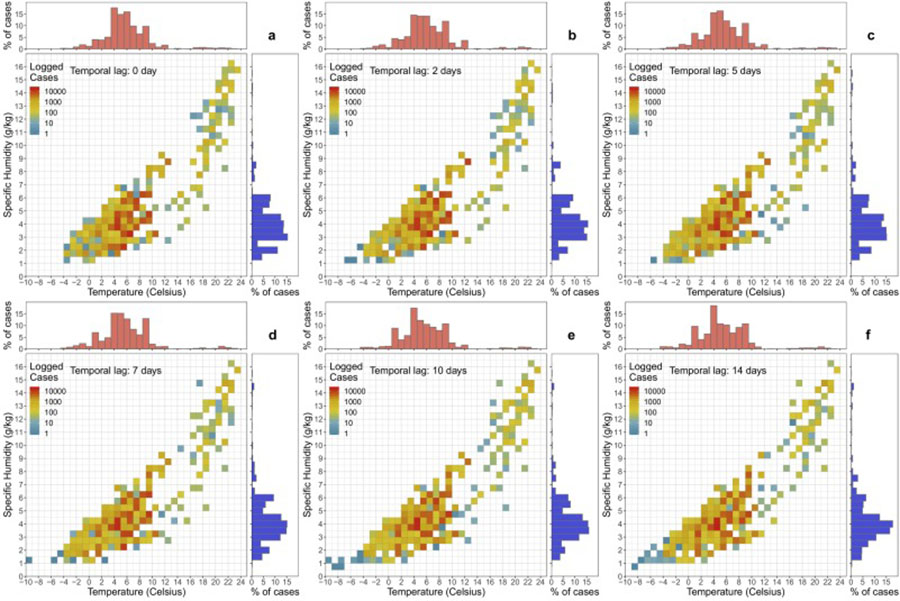
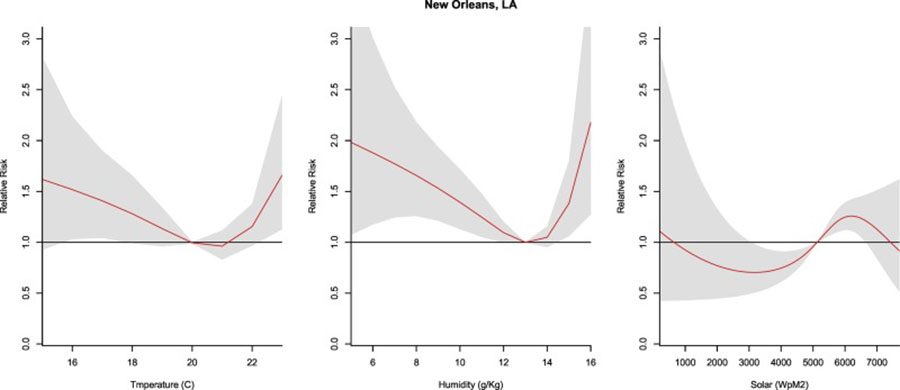

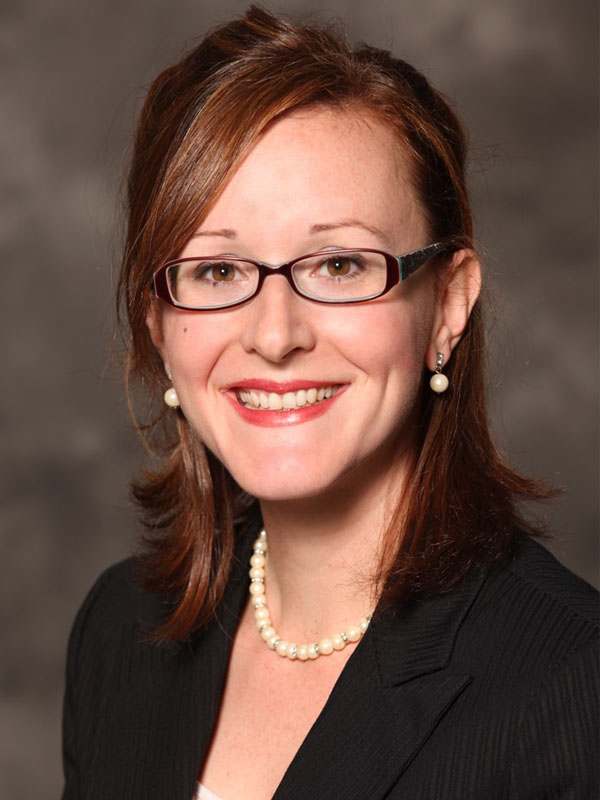
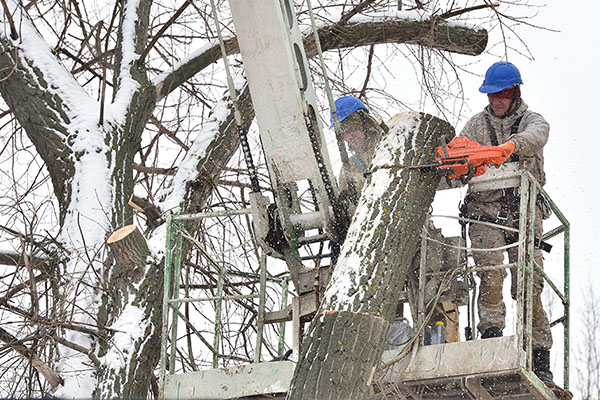
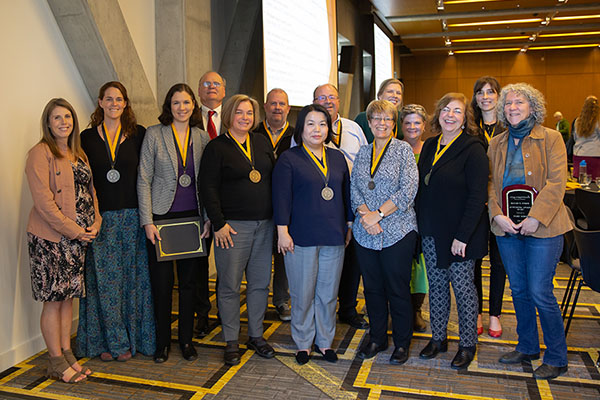

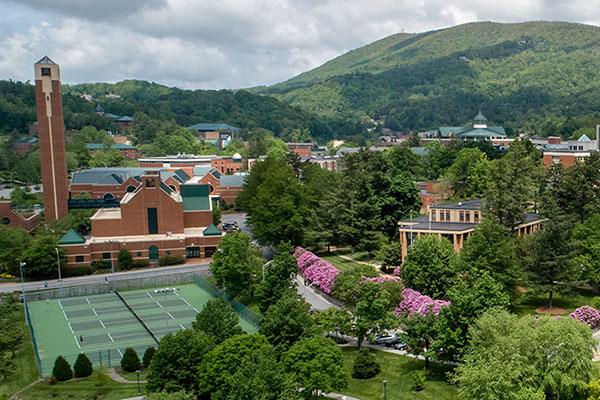
![Local researchers explore weather’s role in COVID-19 spread [faculty featured]](/_images/_posts/2020/07/local-researchers-explore-weathers-role-600x400.jpg)
![What impact does weather have on COVID-19? Local scientists are searching for answers [faculty featured]](/_images/_posts/2020/07/what-impact-does-weather-have-on-covid-19-600x400.jpg)



![How NCInnovation Is Rethinking Economic Development in North Carolina [faculty featured]](/_images/_posts/2026/02/rethinking-economic-development-600x400.jpg)







